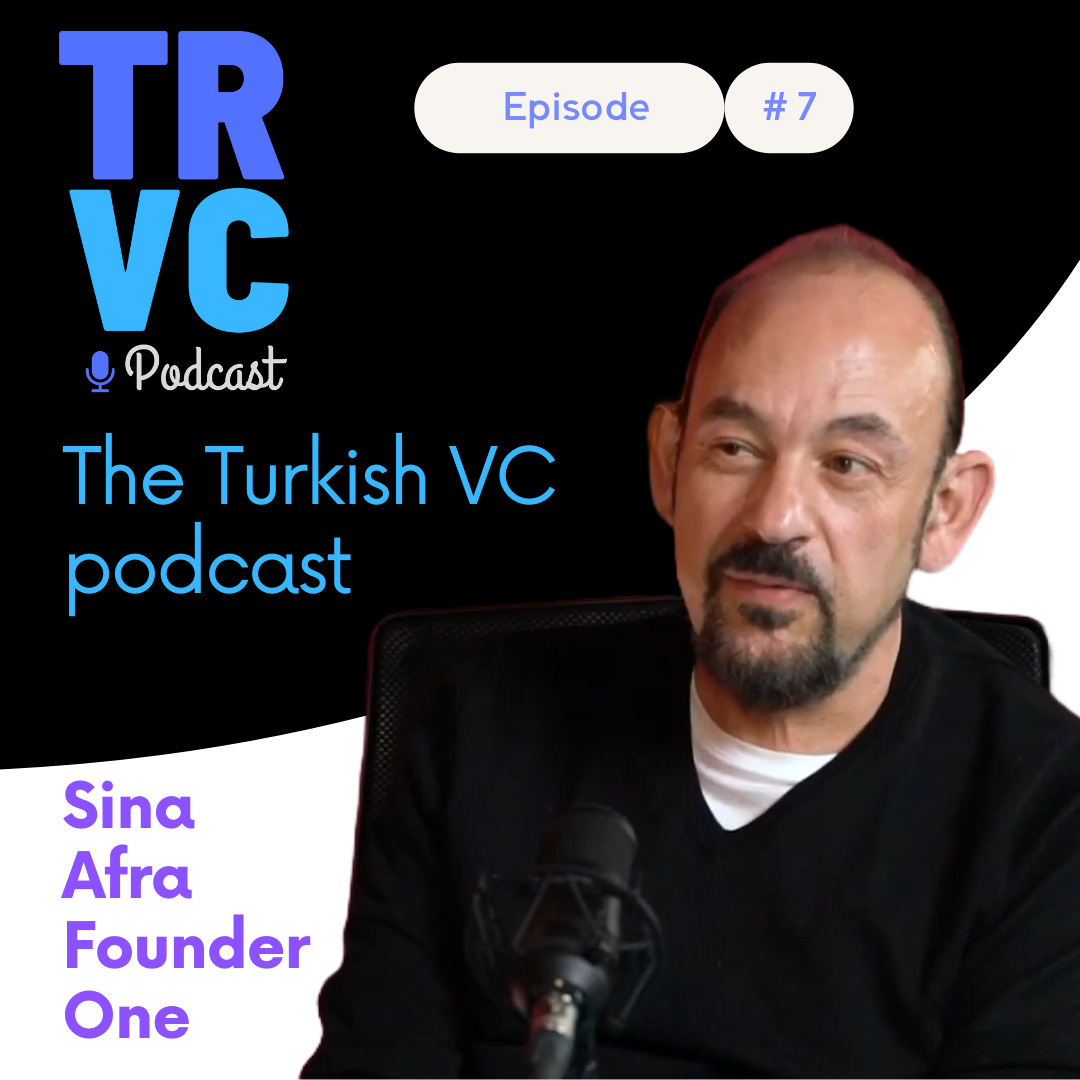Sina Afra on Turkish VC's Bottleneck
TRVC #7 (hint: it's growth-stage funding)
In the latest episode of the Turkish VC Podcast, veteran investor and entrepreneur Sina Afra shared a revealing insight about the startup landscape in Turkey: while early-stage funding is relatively accessible, growth-stage capital is alarmingly scarce.
Catch TRVC episode #08 with Sina Afra on youtube, spotify, or Apple podcasts
This creates what many founders refer to as a “Death Valley” — a chasm between promising traction and scalable success, where startups with real momentum struggle to raise their next round.
🚀 Seed is Flourishing…
Afra notes that Turkey has made massive strides in building a healthy seed-stage environment. With thousands of new startups, a growing network of angel investors, and government-backed incentives, early-stage capital is more available than ever before.
That’s the good news.
🧨 …But Series A and Beyond? Good Luck
The trouble starts when startups outgrow their seed round and go looking for $3M–$10M to scale — funding typically associated with Series A and B.
In the U.S., this is where institutional VCs step in. In Turkey, however, there are only a handful of funds that can write checks of that size, and even fewer that specialize in tech or have international LPs.
As Afra puts it:
"If you start to search something like $5 million for your Series A, which is nothing, it’s really difficult. Either you go to PEs — and $5M is too small for them — or you go to the few Turkish VCs who can afford it. But there aren’t ten. There are maybe three."
🌍 Why This Matters (Even If You’re Not in Turkey)
This challenge isn’t unique to Turkey. Founders in Brazil, Nigeria, and Eastern Europe face similar bottlenecks. It reflects a broader global issue: venture capital is unequally distributed, both in volume and stage coverage.
It’s also a reminder that startup ecosystems are only as strong as their weakest funding stage. Seed activity creates buzz, but real returns — and ecosystem maturity — depend on a healthy growth-stage pipeline.
💡 What Needs to Change?
More regional funds with Series A/B capacity
Stronger bridges between local seed investors and global growth-stage funds
Policy support for fund structures that attract foreign LPs
Clear exit pathways — both M&A and IPO — to unlock liquidity
📣 Final Thought
As Sina Afra’s story shows, there's huge opportunity in Turkey. But without more growth capital, many of its best startups may never get a real shot at scale.
The good news is that established Turkish VC firms are raising larger subsequent funds — many are now raising fund III, and crossing or approaching the $100m level. Further, beyond the locally domiciled GSYF funds, a new cohort of internationally-minded prospective GPs are raising their own first funds, promising to create a Turkish VC 2.0, a new wave of world-class Turkish VC firms. Stay tuned for future episodes of TRVC - the Turkish VC podcast, to discover them.
A new episode with a different Turkish VC every week
From founding Markafoni, to making 55 angel investments and achieving 12 exits, in the episode Sina also shares an unfiltered look at:
Why he left corporate life for startups
How Turkey's VC and startup scene has evolved
The real story behind Founder One, Turkey’s first impact-focused VC fund
Lessons from investing in companies like Dollar Shave Club
Catch the full TRVC episode with Sina Afra, and other episodes, each week with a different Turkish VC on: youtube, spotify, or Apple podcasts


